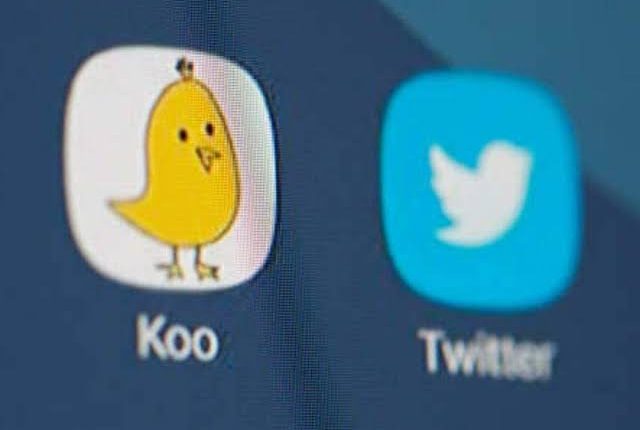Koo, the Indian homegrown social media app that is a Twitter rival, has unveiled their new self-verification feature. The feature allows users to obtain a green tick symbol next to their username, as an indicator of verification.
The platform already provides a different, yellow tick symbol to users of social prominence (Celebrities, Politicians etc.).
The users can self-verify their accounts “within seconds” using a their Aadhar Card IDs. Currently this feature is in beta testing phase, with around 5000 applicants. There is no information on weather more government identity documents would be supported by the platform in the future. Koo has denied storing any personal information thus obtained with law enforcement or advertisement agencies. The company plans to use third-party verification service to avoid the same.
The platform claims that this feature helps the users to engage with “real people” and reduce trolling under anonymity.
Explaining the company’s intentions surrounding the future, co founder and CEO Aprameya Radhakrishna, in a press statement to Bloomberg said “Microblogging sites’ biggest bane is automated bots, fake accounts and anonymous trolling, This voluntary self-verification feature is toward making social media safer and more real, This will allow normal users to say I am a real person.”
While the concept of colored tick symbols next to verified accounts is not new, it’s availability to the public and ease of access is a one-of-a-kind offering from Koo app. It’s rival twitter offers blue tick symbols to verified users, after a meticulous verification program by twitter itself. And while Koo is aiming to lure more users with the verification badge, it is unclear if that would serve the purpose. Verification badges on other social media platforms also come with additional responsibilities and often shape up narratives.
Explaining the platform’s users’ feedback in support of the feature, co-founder Mayank Bidawatka was quoted saying “Many users have told us, “Even I want to verify my account, but I don’t qualify. But I should have been allowed to verify it using some government title. I do want to tell people that I’m an authentic user. Another user said all of us should have the ability to get verified, why is it just for VIPs. We realised that every person wants to prove their authenticity”
Koo was launched in the year 2019 and gained popularity during the years 2020-2021, as the online space expanded massively as a consequence of the pandemic. The app is backed by Blume Ventures, Tiger Global, Accel and 3one4 capital.





